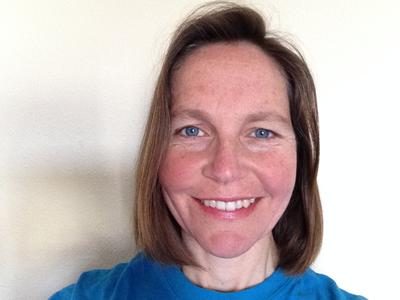Dr Marty Climenhaga PhD, MS, BSc
Outreach Coordinator

Marty is a Visiting Fellow in the Water and Environmental Engineering Group, in the Faculty of Engineering and the Environment. Her current focus is on public engagement and outreach for the Circular Bioeconomy outreach arm of the Bioenergy and Organic Resources Research Group, coordinating the organisation and execution of public events to highlight the group’s research activities.
The Circular Bioeconomy group is comprised of researchers, academics and industrial partners who attend a wide variety of public events to explain and promote the role of bio-based technologies such as anaerobic digestion (AD), biodiesel and bioethanol production, and biorefineries in moving towards a circular bioeconomy. The group hosts displays and activities that include scale models of recycling equipment (Trommel screen, magnetic separation and float tank); samples of lab materials and apparatus; chances for kids & adults to learn basic bioenergy-related lab procedures such as testing pH and identifying volatile fatty acids (VFAs); feeding a portable biodigester that provides biogas which we use to cook popcorn and/or power a Ruben’s Tube with music and flames – all designed to stimulate discussion and learning for people of all ages.
Qualifications:
B.Sc.(Hons.) Biology, McMaster University (1996)
M.S.(Eng.) Environmental Engineering, Stanford University (1997)
Ph.D. Environmental Engineering, University of Southampton, (2008): Anaerobic digestion of catering wastes.
Employment:
2012 - present University of Southampton
2011-2012 ReGenerate Biogas Inc., Toronto
2004-2010 University of Southampton
1999-2004 Trow Consulting / MacViro Consultants Inc., Toronto Canada
1997-1999 Unisyn Biowaste Technology Inc., Hawaii U.S.A.
Skills/expertise
In addition to laboratory research and commercial-scale anaerobic digestion, Marty has worked in community biogas development, including feasibility studies and resource assessments for on-farm AD. Research work for the EU FP7 Valorgas project included developing case studies of AD at various scales, surveying food waste collection systems in selected European countries, and examining the influence of separate food waste collection on the energy recovery potential of residual waste streams.